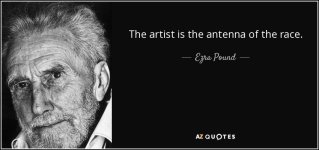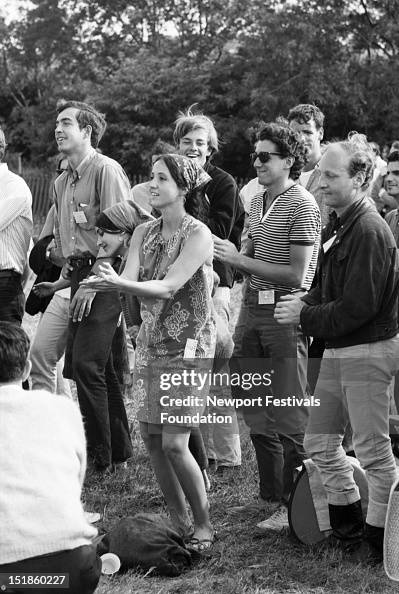Benny Bunter
Well-known member
Just finished the Blicero chapter, absolutely amazing.
Key passage:
“Don’t forget the real business of the War is buying and selling. The murdering and the violence are self-policing, and can be entrusted to non-professionals. The mass nature of wartime death is useful in many ways. It serves as spectacle, as diversion from the real movements of the War. It provides raw material to be recorded in History, so that children may be taught History as sequences of violence, battle after battle, and be more prepared for the adult world. Best of all, mass death’s a stimulus to just ordinary folks, little fellows, to try ’n’ grab a piece of that Pie while they’re still here to gobble it up. The true war is a celebration of markets.”
And the bit about Frans and the dodos was incredible.
Key passage:
“Don’t forget the real business of the War is buying and selling. The murdering and the violence are self-policing, and can be entrusted to non-professionals. The mass nature of wartime death is useful in many ways. It serves as spectacle, as diversion from the real movements of the War. It provides raw material to be recorded in History, so that children may be taught History as sequences of violence, battle after battle, and be more prepared for the adult world. Best of all, mass death’s a stimulus to just ordinary folks, little fellows, to try ’n’ grab a piece of that Pie while they’re still here to gobble it up. The true war is a celebration of markets.”
And the bit about Frans and the dodos was incredible.




